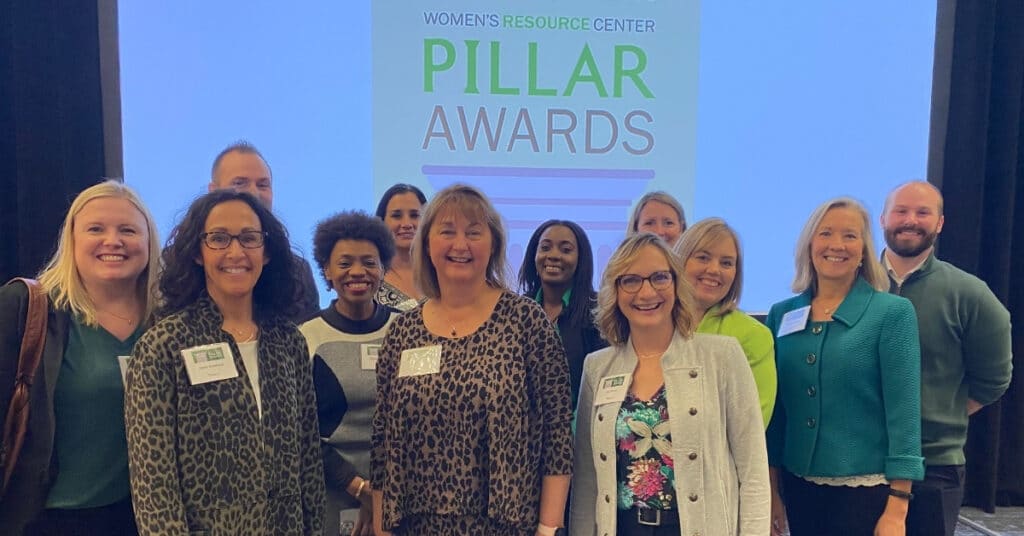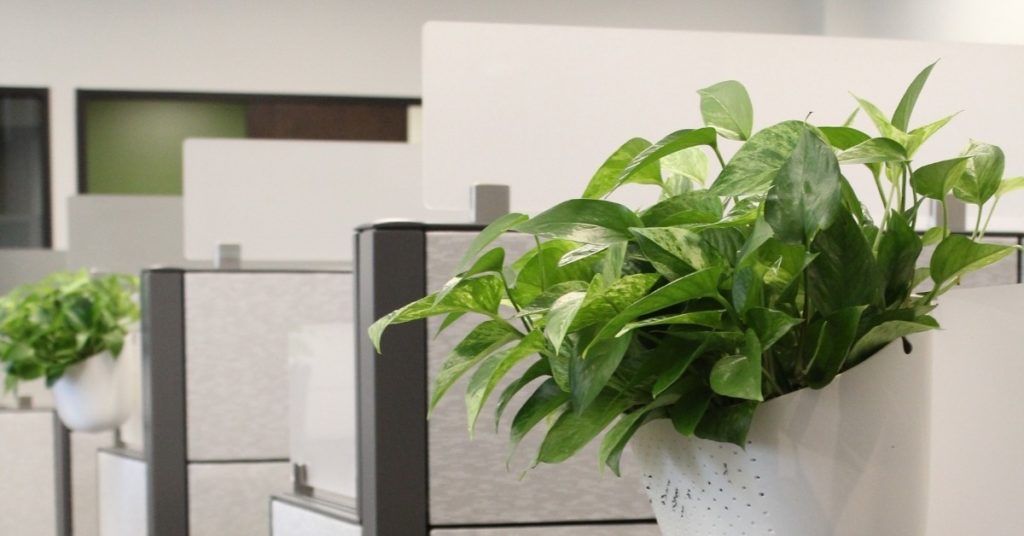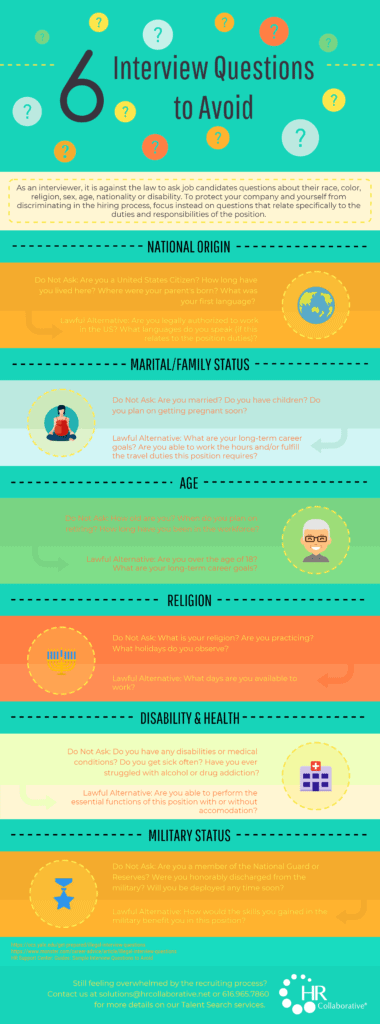Maintaining Culture through Purpose and Connection

The rise of remote and hybrid work has had a significant impact on the way we work. Did you know 66% of executives believe culture is more important than business strategy or operation model? As the workplace has changed over the last few years, culture has too—for better or worse.
The talent market is changing the way we view the workplace, productivity, and fluidness between our work and home life. An employee’s value of efficiency, productivity, and connection drives flexibility in how we approach our work.
HR Collaborative would like to offer a fresh perspective for leaders looking to attract, retain, engage, or even empower their talent. We believe rethinking your approach to culture is necessary to shape your foundation and improve morale.
If you follow the news at all, you’ve probably heard this time and time again. Successful companies have found ways to maximize resources. However, attracting and retaining talent with a one-way approach is no longer sustainable for the employee or the employer.
Ever heard of a flexible work arrangement? We are talking variable hours of the day and night in which employees manage workload while not neglecting life outside of work. If staff is attending client meetings in the evening and missing dinner with family, it is balanced for a team not to have to apply PTO to take a family member to a doctor’s appointment during traditional work hours. These arrangements are now self-directed and communicated with managers and their teams as needed, knowing they will be discontinued if the structure is misused.
Another option is the hybrid work arrangement. It allows an individual to work from the location that makes the most sense for the day’s schedule, tasks at hand, or team needs, even if that’s not the employee’s primary office. Maybe it’s from home, a client’s site, or even a popular third-party office hub. The options are endless, allowing a person to feel like they have control over their environment. Not everyone operates at their highest level in the same type of environment.
You’re probably asking yourself, but how does this improve culture? It’s all about frequency and working with the different personalities in your organization. These arrangements can be as flexible as your organization needs them.
Does anyone genuinely want to work in the same spot, every day, 8 hours a day, five days a week? Our team doesn’t, and we doubt yours does either. So, let’s talk about it.
Full-time equates to rarely working onsite but expected to be in person for specific internal or client meetings. Miss your colleagues, or are you not ready to commit to letting go of your office space? A consistent mix of remote work and office might be the right fit for your team. Some would even prefer to be primarily in the office but have the option to work elsewhere if desired.
Hybrid arrangements may also be approved strictly for circumstances such as inclement weather, special projects, family medical leave, or business travel, which can be agreed upon on an as-needed basis, with no expectation of ongoing continuance.
Now that you have a better understanding of empowering teams to get the job done in the right setting, where do you begin? Our team of HR professionals is eager and willing to help determine the proper structure for your organization. Let’s get started today by booking a free, zero commitment strategy conversation with one of our People Strategists.
Believe us when we say we genuinely love working through people problems with our people. There isn’t a challenge we haven’t encountered, and we are always up for taking on new tasks.
Our Most Recent Articles

Employers to Benefit from New Kinexus Group Acquisition of HR Collaborative
The team at Kinexus Group announced today that they have officially acquired HR Collaborative, a west Michigan-based, women-led community of fractional HR professionals, to meet unmet demand and to serve more employers than ever before.































































































